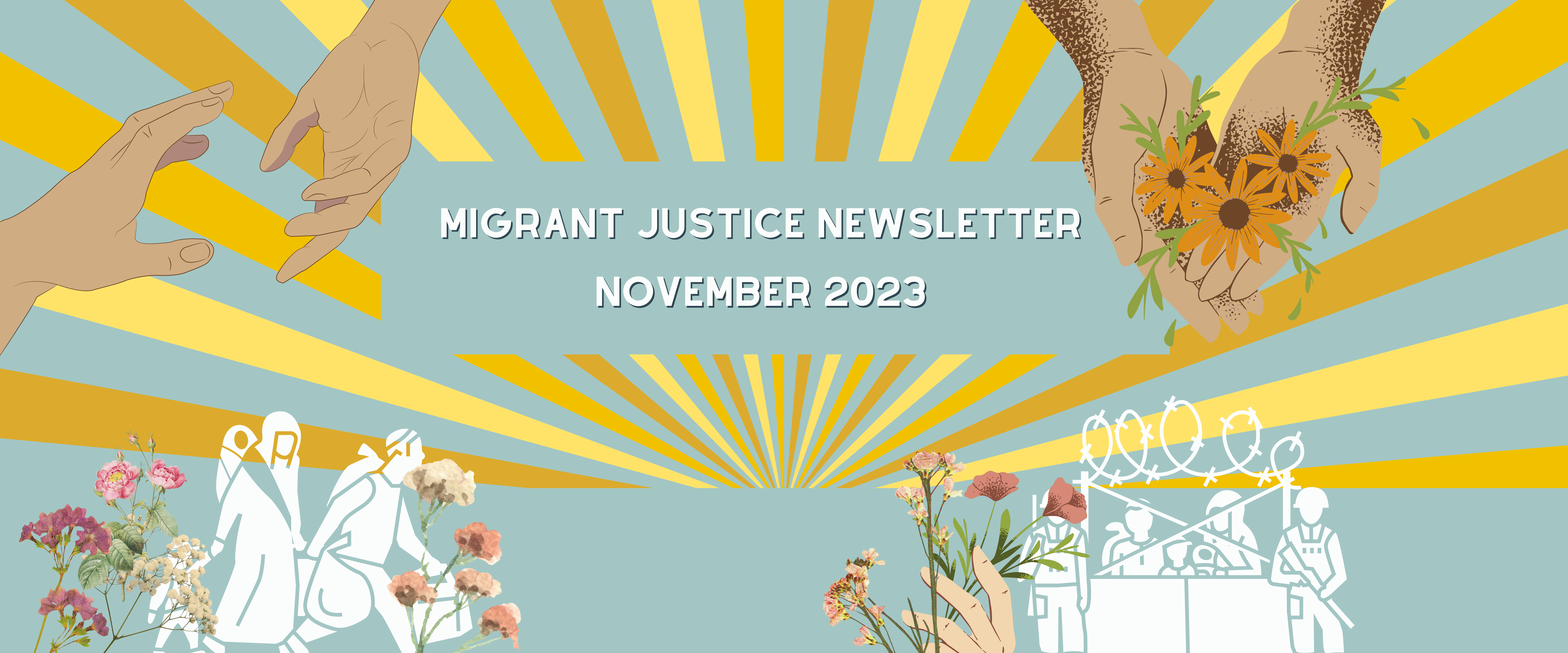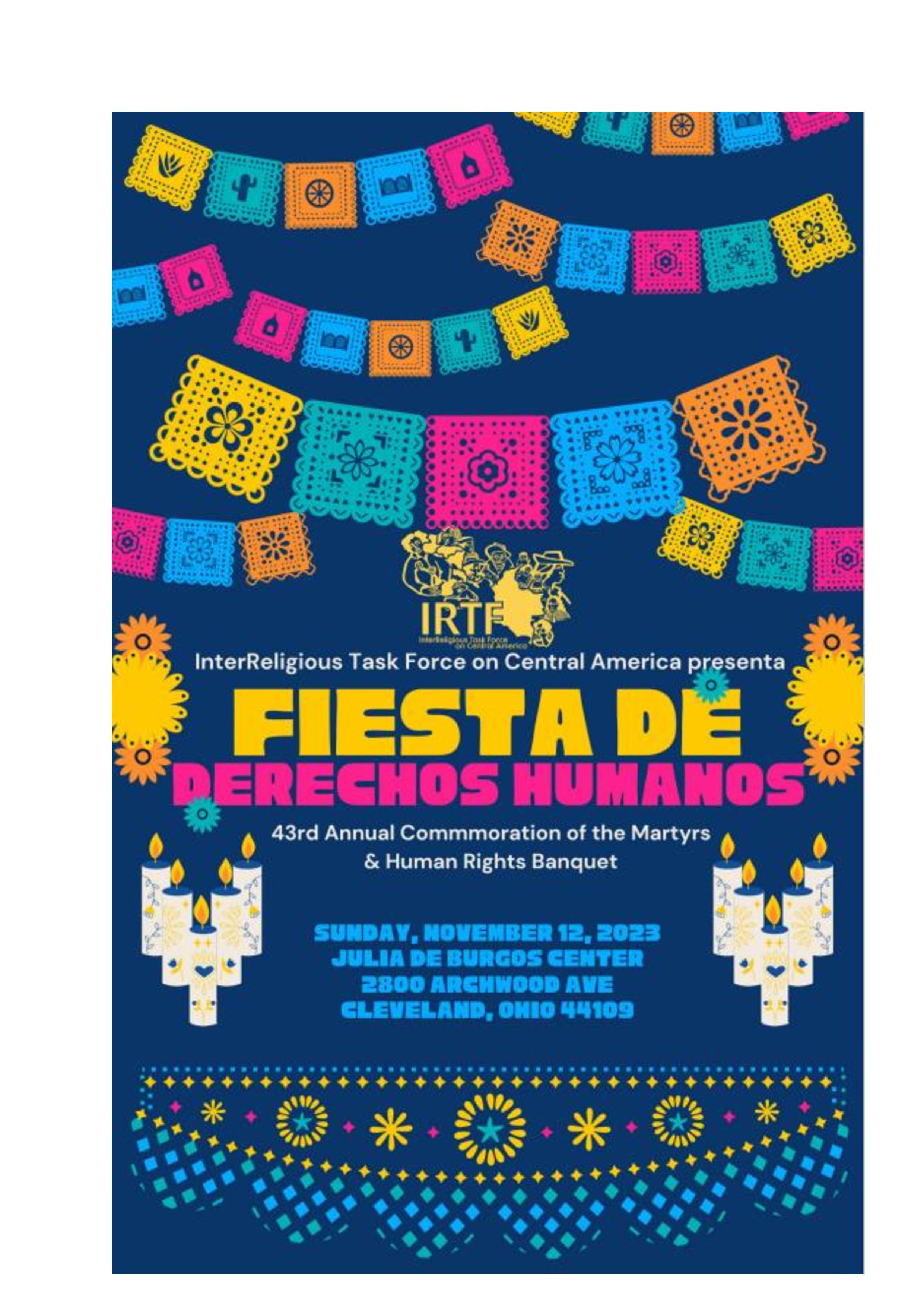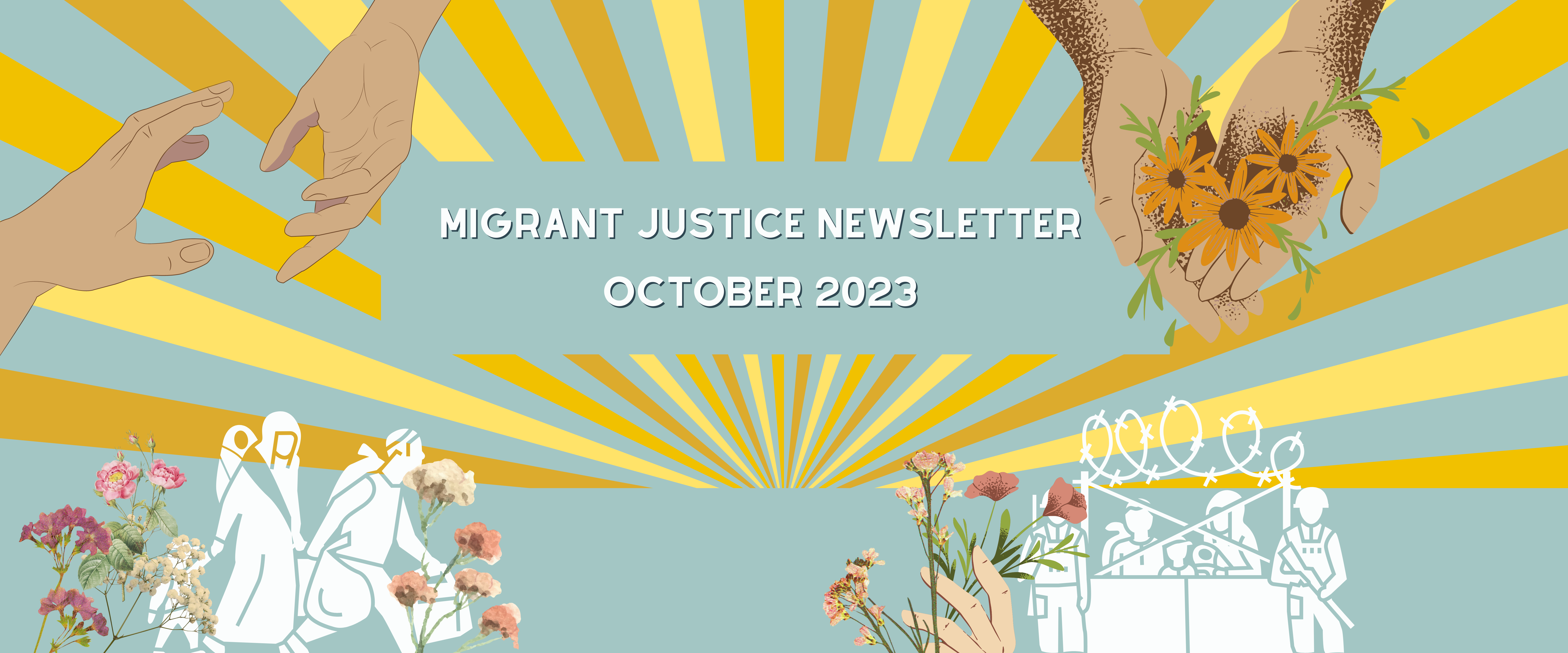Border security continues to be a hot button issue in Congress. And some congressional leaders are holding hostage other non-border issues because of their tough stance on immigration and desire to gut US asylum law.
In last month’s newsletter, we shared an article about a one-page document that three Republican senators submitted to President Biden on November 6, summarizing the border and migration proposals they demand to include in the supplemental budget request that the president is submitting for the war in Ukraine, Israel/Gaza, and the US-Mexico border. The draconian measures include: ban asylum access for people who did not cross the border at ports of entry; ban asylum access for people who pass through other countries without seeking asylum there; heighten eligibility standards to pass a credible fear interview; expand migrant detention (including families and children); restrict temporary humanitarian parole.
The Congressional Hispanic Caucus (CHC) and Congressional Progressive Caucus (CPC) responded in a combined letter on December 14, denouncing that: “Republicans continue to hold funding for America’s allies hostage at the expense of migrants and to pass Trump-era border policies.”
Articles in this monthly newsletter: 1) ICE Air: update on removal flight trends. 2) How US Policy Toward Latin America Has Fueled Historic Numbers of Asylum Seekers. 3) WOLA Urges Congress to Protect Asylum and Update Obsolete Border Policies. 4) At the Border: Recent Incidents. 5) Governor Abbott Signs Law to Arrest Anyone in Texas without Immigration Papers.
See the Take Action items listed at the bottom of this newsletter. Our advocacy is needed to maintain some modicum of humanity in the nation’s immigration system and to address root causes of migration. 1) Stop Border Militarization. 2) Take Action Now Against Extreme Asylum Restrictions. 3) Help Migrants and Refugees in Cleveland.
Read the full IRTF Migrant Justice Newsletter each month at https://www.irtfcleveland.org/blog .





